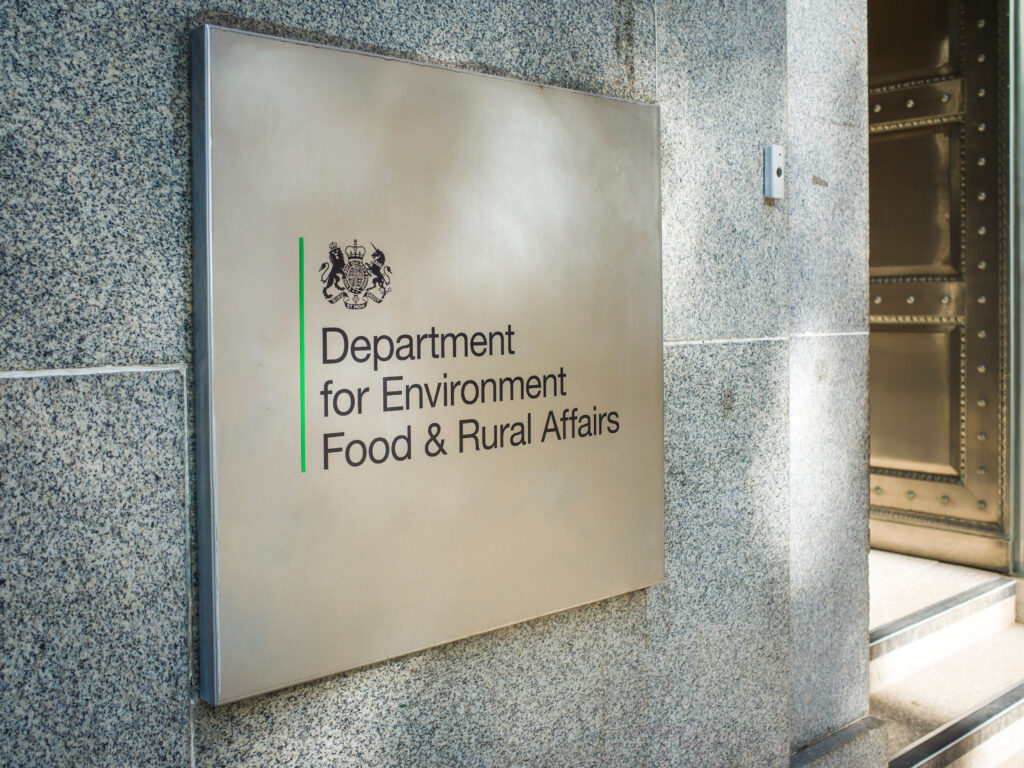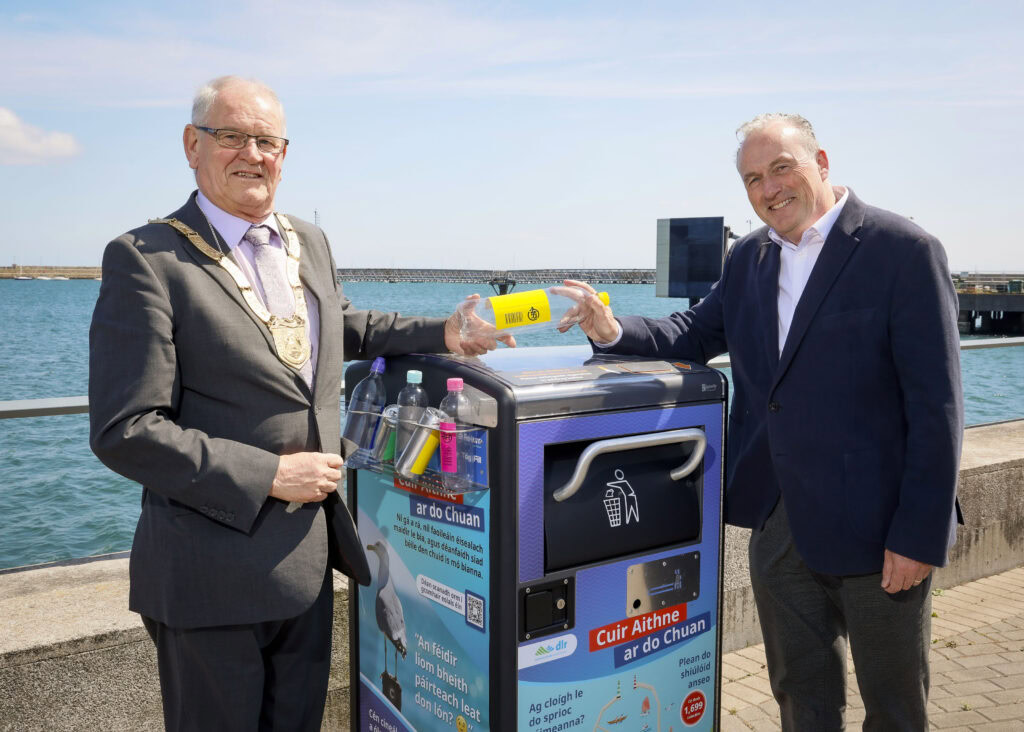In July 2008, the government proposed that producers with obligations under the Directive should meet those via a multiple compliance scheme system, similar to that operated for waste electrical and electronic equipment (WEEE) (see letsrecycle.com story).
A spokesman for Energizer told letsrecycle.com: “Energizer understand the Government's decision to drive competition through multiple schemes, however urge caution on the number of schemes participating, on the basis that having too many brings with it the high burden of administrative control.”
And, there are particular concerns over the lack of a co-ordinating body, as Vince Armitage, divisional vice-president for Varta Consumer Batteries UK, explained.
“Many in the industry fear that, without someone at the helm, then confusion will surround the implantation of the directive, ultimately hampering efforts to roll out the new legislation,” he told letsrecycle.com.
“Establishing a co-ordinating body for all the compliance schemes at the outset would have been a much easier and clearer method,” he added.
The government's compliance system choice was not popular among several major respondents to a December 2007 consultation on the UK system (see letsrecycle.com story).
And, the British Battery Manufacturers Association's response to that consultation claimed that the option which is now proposed by the government “would be unlikely to achieve full compliance”, though it is yet to offer an opinion now the government has made its plans clearer.
WEEE Directive
Mr Armitage also warned that issues that have arisen since the WEEE Directive was implemented in the UK in July 2007 could be repeated with batteries.
“We feel that similar issues experienced during the implementation of the WEEE Directive could occur unless steps are taken and very strict guidelines are laid out in the Directive,” he said.
“As it stands, it looks like some of the lessons from the implementation of WEEE have not been learnt,” he added, drawing particular attention to “scant” levels of communication for producers, and the problem of “cowboy operators” shipping waste batteries overseas.
Regulations
Next Friday (September 26) sees the introduction of the first set of regulations for the UK's implementation of the Batteries Directive, relating to the 'Placing on the market' of new portable batteries (see letsrecycle.com story).
But, the second half of system the UK will use to reach the EU target of recycling 25% of waste batteries by 2012 (including regulations for producer responsibility for collecting and recycling waste batteries) is not expected to be introduced until late this year or early in 2009.
And, Mr Armitage explained there was a need to get the full system up and running as soon as possible to ensure collection and recycling targets were met.
“Varta's main concern around the Directive is that the longer it takes to get the Directive up and running, the less time we have, as an industry, to achieve the targets,” he said.
“End-users, retailers and third parties still have to be educated about the Directive and how they can play their part and collection points have yet to be established.
“Both will be key in making sure that the UK plays its part in the success of the Directive,” he added. “This will take time and, therefore, the sooner we get started, the better.”
Public awareness
Levels of battery recycling in the UK are currently low – at around 3% – and the government's July 2008 response to its consultation on the collection, treatment and recycling of waste batteries emphasised that compliance schemes would need to outline “effective publicity campaigns” to help boost public awareness.
And, Mr Armitage confirmed that “public awareness will be paramount in the success of the Directive.”
He warned that: “Without the public onside and involved, educated by a strong, clear national communications campaign underpinned by localised information, we will struggle as an industry to meet the targets set.”
“A thoughtful, prolonged education campaign is required if we are to stand any chance of altering consumer behaviour.
“The end user needs to be educated about why we should recycle batteries, what the benefits to them are in the long run, how they should recycle and where in their locale,” he added.
Varta's main concern around the Directive is that the longer it takes to get the Directive up and running, the less time we have, as an industry, to achieve the targets
Vince Armitage, Varta
But, Mr Armitage claimed that the nature of the multiple compliance scheme system proposed by the government could hamper the effectiveness of a national campaign.
“In theory, competing compliance schemes would have to come together and facilitate a single education campaign. Likewise, any local campaigns would need to be supported by all schemes,” he explained.
“But, there is no reason why competing schemes would come together unless it was in their financial interest to do so.
“Also, without a co-ordinating body, it is hard to envisage how this might work and many questions would be brought to the fore, such as on what basis would costs between the compliance schemes be apportioned and would compliance schemes be willing to fund campaigns in areas of the UK they are not operating in?” he asked.
Levels of public awareness of how and where to recycle WEEE remain low, more than a year after the UK system was introduced, with the first government-backed national publicity campaign on the subject now not expected until the lead-up to Christmas.
Preparation
Despite their doubts, producers have emphasised that they are working with government in preparation for the Directive to be transposed into UK law.
A spokeswoman for Duracell told letsrecycle.com that: “Working together with the rest of battery industry, Defra and BERR, we have been assisting in the implementation of the Directive into UK law.
“Outside of the government's remit, and across the last 6-12 months, we have been working on Duracell's implementation programme to ensure we meet our obligations under the new legislation, and are confident that these will be supported by government, retailers and consumers,” she added.
And, Energizer's spokesman stated that: “Through the BBMA, Energizer has been in constructive dialogue with both BERR and Defra for some time in seeking a workable collection scheme for the UK.
“Energizer continue to have an active and constructive dialogue on this important directive, broadly agreeing with the Directive and supporting the need for competition in achieving challenging collection targets,” he added.
Targets
Varta's Mr Armitage concluded that the collection targets in the Directive were “challenging but achievable, but only if the Batteries Directive is implemented as soon as possible”,
Highlighting the need for the full UK system to be introduced as soon as possible, he also pin-pointed “a sustained media campaign”, a “well-thought out” collection system, and “evaluation processes” across compliance schemes to maximise the use of the most “effective and successful” collection routes.
And, he called for measures to ensure the industry is given “continuous and consistent feedback” on how well targets are being worked towards, adding that “if we are not on target, correcting measures can be agreed and put in place to relieve problems from an early stage”.
The government is expected to hold a consultation on the its proposed system for the collection and recycling of waste batteries this autumn.









Subscribe for free